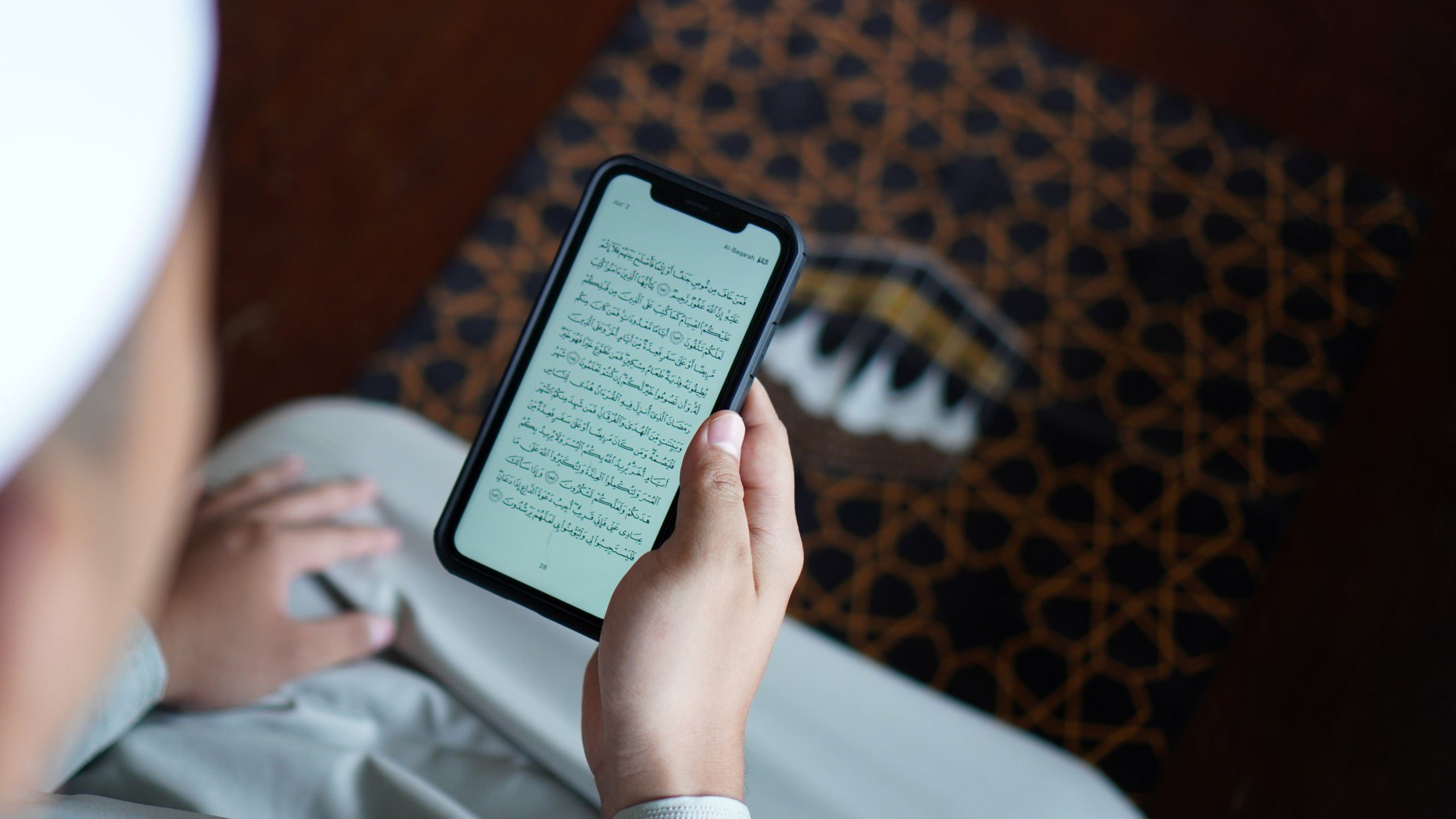In today’s data-driven world, having access to public datasets can unlock endless opportunities—especially when it comes to one of the most profound texts in human history: the Qur’an. Whether you’re a software developer building an Islamic app, a linguist studying classical Arabic, or an educator creating engaging learning tools, public Qur’an datasets can be a game-changer.
Let’s explore the best places to find these datasets, how you can use them, and why they matter.
🧐 Why Would You Need a Qur’an Dataset?
Before we dive into links and resources, let’s get one thing clear: Qur’an datasets aren’t just for religious studies. They’re being used for:
- ✨ AI & machine learning: Train models for Arabic NLP (Natural Language Processing) or voice recognition.
- 📱 App development: Power Quran-reading apps, tafsir tools, and audio recitation platforms.
- 📖 Language learning: Build interactive tools to teach Arabic through Qur’anic verses.
- 📊 Research: Analyze patterns in themes, word frequency, or translation styles.
The possibilities? Nearly endless.
🔗 Best Public Qur’an Datasets You Can Access Today
Here’s a curated list of publicly available and high-quality datasets that are ready to use:
1. Qur’an Dataset – Kaggle
A go-to for many developers and data scientists.
- Format: CSV
- Content: Full text in Arabic with English translation.
- Perfect for: NLP tasks like translation, sentiment analysis, or building a simple Qur’an browser.
2. bzekeria/quran_dataset – GitHub
A clean and minimal dataset that’s developer-friendly.
- Format: JSON, CSV
- Content: Surah names, Ayah numbers, Arabic text, and transliteration.
- Use case: Mobile or web app with search functionality by surah or ayah.
3. Quranic Arabic Corpus
If you’re into linguistics or want deep grammatical breakdowns—this one’s gold.
- Format: XML, RDF
- Content: Morphological and syntactic annotation of each word.
- Great for: Academic research, Arabic NLP, or teaching Arabic grammar.
4. Hugging Face Qur’an Datasets
Hugging Face hosts multiple datasets including:
- Qur’an audio + text datasets for training TTS (Text-to-Speech).
- Multilingual translations and recitations by various qari (reciters).
- Ideal for: Building AI Qur’an readers, language tools, and pronunciation training.
5. Tarteel AI’s Quran Dataset (QUL)
From the creators of the Tarteel app, this one is designed with developers in mind.
- Content: Tied to features like mistake detection and voice search.
- Ideal for: Qur’an memorization tools and AI-powered recitation apps.
🛠️ How Can You Use These Datasets?
Here are a few project ideas you can build (even as a student or hobbyist):
- Voice-activated Qur’an Search Tool
Combine audio datasets with speech recognition to search by voice. - AI-powered Tajwid Tutor
Use audio + annotated tajwid datasets to detect pronunciation errors. - Verse-of-the-Day App
With CSV/JSON datasets, you can randomly display one ayah per day, with tafsir and translation. - Qur’anic Thematic Analysis Tool
Group verses by theme (e.g., mercy, justice, patience) using text mining techniques. - Augmented Reality Qur’an Learning Tool
Bring verses to life with visual stories, connecting ayat with real-world reflections.
💡 Tips for Working with Qur’an Datasets
- 🧼 Always clean the data before using it—check for encoding issues (especially Arabic text).
- ⚖️ Respect the source. Use datasets ethically and cite original authors or repositories.
- 🌍 Think globally. Try to support multilingual outputs—Arabic, English, Bahasa, Urdu, etc.
- 🔐 Secure your app. If you’re building a web app, always protect user data especially if tied to recitations or bookmarks.
🌟 Final Thoughts
The Qur’an is more than just a religious book—it’s a linguistic marvel, a historical document, and a cultural anchor. Public datasets make it possible for developers, educators, and researchers to explore, teach, and innovate in ways never before imagined.
So, whether you’re building the next big Islamic learning app or just experimenting with Arabic NLP—these datasets are your launchpad.
👉 Got a project in mind using one of these datasets? Share it with the world! Or better yet—contribute back by creating your own Qur’an dataset.


